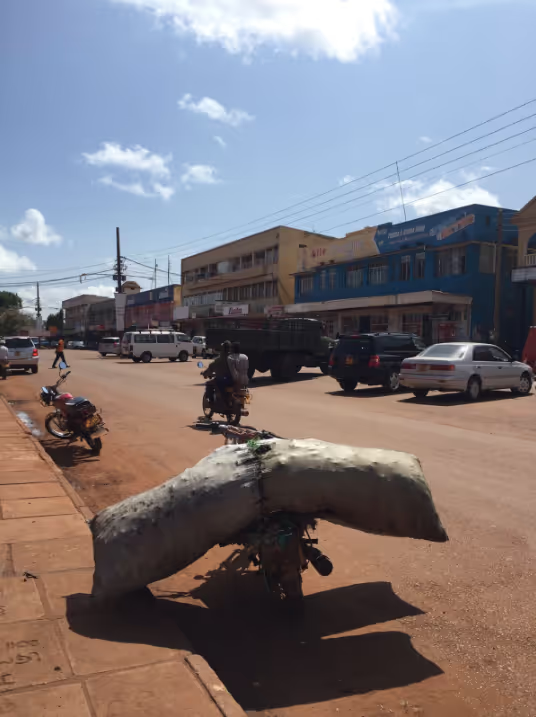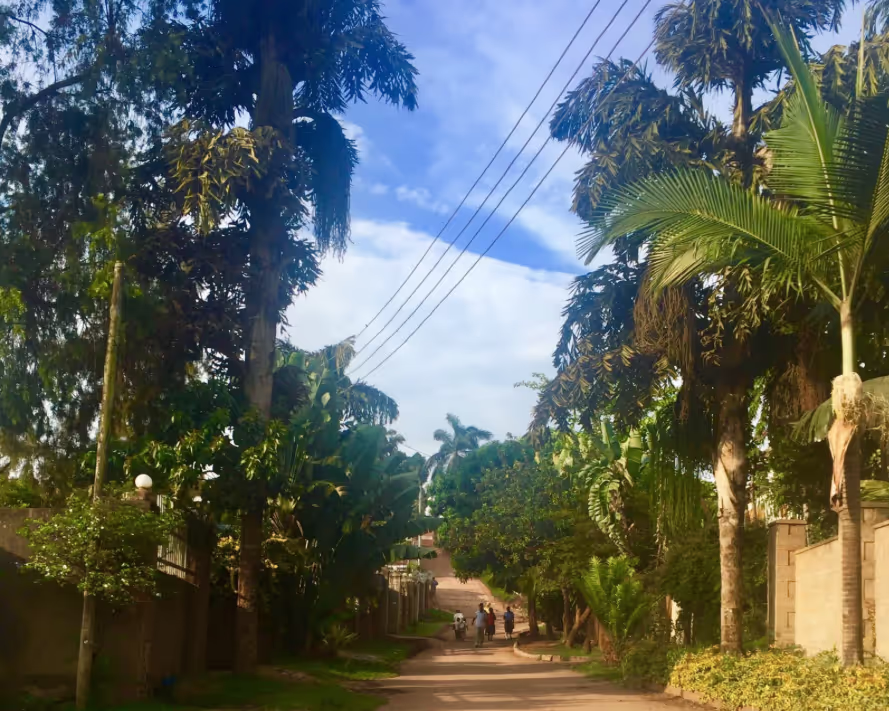Getting Started: Our trip to Uganda

As of March 13, 2017, Uganda hosts over 719,160 South Sudanese refugees within refugee settlements. Every day, 1,000 to 3,000 new refugees seek asylum. Over 70% of the refugees are children, most of which are unaccompanied minors. Despite organizations working tirelessly to increase services, the ability to provide basic needs has been compromised due to this influx of refugees. Though there seems to be a high regard and recognition of the need for mental health services among the humanitarian aid organizations, resources are incredibly limited and priority is given to meet basic needs.
Research has found that the experience of exposure to extreme trauma, such as war and displacement, can significantly impact children and adolescents physical, mental, and emotional health. Short-term effects include: increased nightmares, increased maladaptive behaviors including (i.e. emotional outbursts, risk taking behaviors, cognitive functioning, and decreased self-esteem). Long term effects include: negative impacts on academic functioning, increased risk of mental health disorders, increased risk of heart disease, and increased risk of drug abuse.

Playing to Live (PTL) is a nonprofit organization that seeks to build recognition for the need of increased mental health support for residents of Uganda’s refugee settlements. PTL builds community-based expressive arts programs to meet the psychosocial support needs in low resource, high trauma communities. Over the next six months, PTL will be meeting with leading Ugandan and international organizations, Ugandan government officials, and individual and groups of refugees to highlight the programs being provided to support the mental health as well as identify the gaps in care. We also will perform a literature review of best practices in mental health practice in emergency settings to highlight services provided globally.
While we recognize the immediate need for care for the children in refugee settlements, we value the importance of learning from the individuals and organizations on the ground on what is working, what is needed, and what is desired for care interventions. We aim to share our findings to advocate for the need for child and community based mental health programs. We hope that during this process we create essential relationships that will lead to identifying opportunities for program implementation.

As of March 2017, Playing to Live team members completed our first trip to Uganda to begin the assessment process. During this time, we made initial contact with key organizations currently providing psychosocial and/or mental health services to meet the vast needs of refugees and internally displaced persons in Uganda. We were received with excitement and positivity from all the organizations we met with, and thanks to this grant, we will be spending four out of the next six months in Uganda gathering key information from leading organizations, health workers implementing programming in the field, and refugees themselves. This information will be compiled and presented; the potential impact of this project is extensive.
One goal is to champion the work of leading organizations currently providing psychosocial and/or mental health care in this setting and highlight barriers to care provision. A second goal is gain a deeper understanding of psychosocial needs of adolescent girls, and to identify best practices for the utilization of expressive arts therapy techniques in this setting. The impact of future programming, built from this research, is expected to include the following benefits for participants: decrease in psychological stress symptoms; increase in self-efficacy, self-esteem, and healthy coping skills; and an increase in economic independence. Future programming could inform best practices and establish a model of care for aid organizations worldwide as they seek to help the growing refugee population.
Stay updated
Sign up for our newsletter to receive regular updates on resources, news, and insights like this. Don’t miss out on important information that can help you stay informed and engaged.
Related articles


.png)
Explore Elrha
Learn more about our mission, the organisations we support, and the resources we provide to drive research and innovation in humanitarian response.